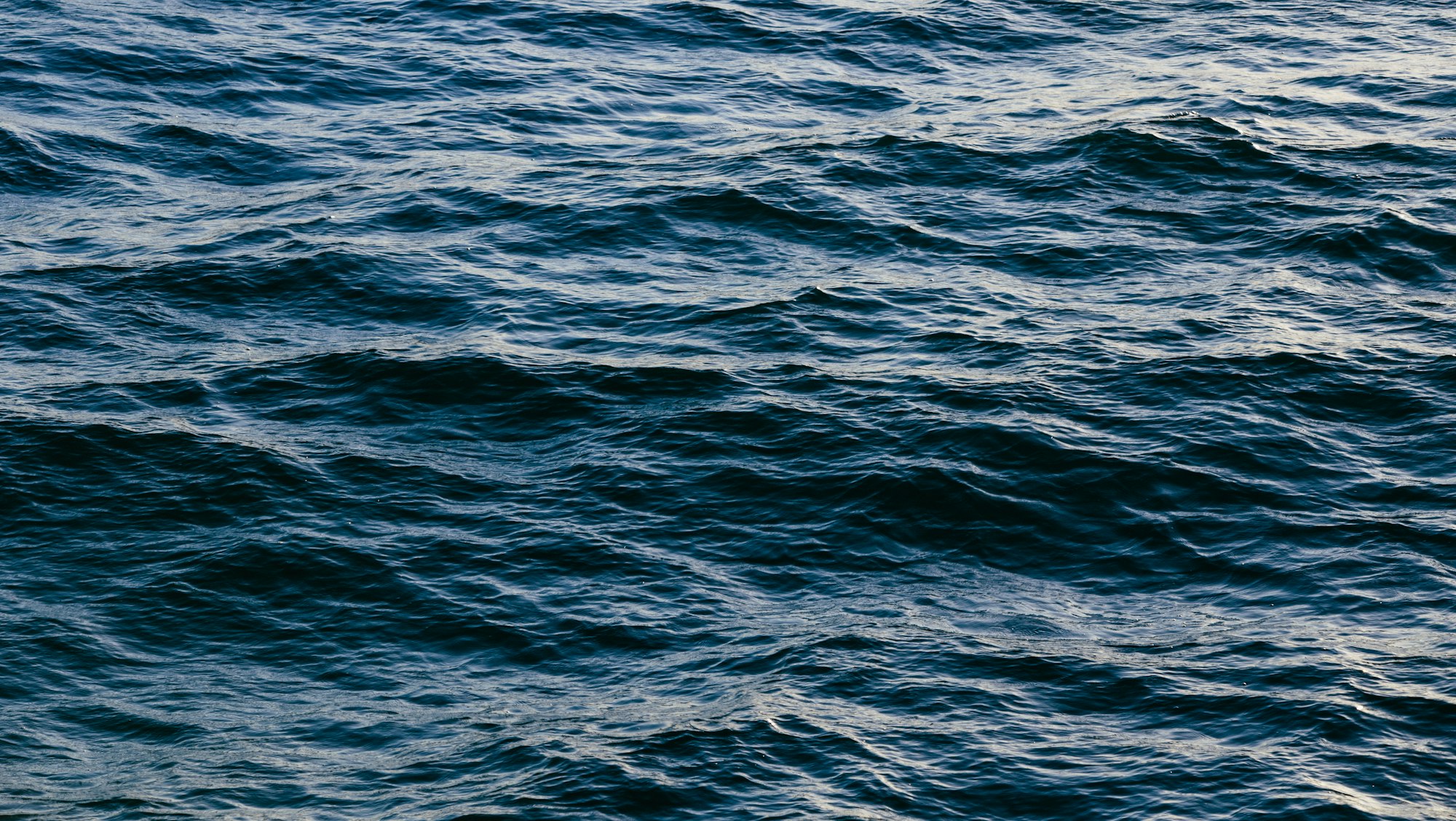Donald Hall, "The Sea"
Some readers want to see how others live, how they process their experience, and how they wrestle with a changing sense of importance.

Good morning everyone! I think Donald Hall's writing is gorgeous and I hope you don't mind me gushing about it below. I hope the remarks I've made accompanying his poem aren't too corny or useless. I'm trying to track if I'm progressing as a writer, and that involves noting what I'm seeing and accounting for the ways in which it is valuable. It also means being open to how my style and concerns have changed.
If you haven't seen this piece on the "Ultimate Doomsday Prepper" yet, you want to set aside about an hour to read it. It probably will read quicker than that, but there's so much that just makes you stop and say "My God." I actually had to walk away from this one for a bit. I've known a lot of fundamentalist right-wingers who are partial to survivalists. Would they get conned by someone who said they worked for the CIA in Australia (?), sent there to track WMD's (?!)? Of course they would. They want someone else who will listen to their own bullshit at all costs.
So yeah. I highly recommend you read that and if you want to comment below or e-mail me, I'm up for talking about it.
In the matter of craft, I find Donald Hall refreshing. He's open about his habits, efforts, and frustrations. How he'll spend days and weeks on a few sentences. How this is a daily joy, except when a daily misery. His prose speaks the labor. Consider this detail about his first marriage:
...at home I spent the day in a tiny attic room working on poems. My extremely intelligent wife was more mathematical than literary. We lived together and we grew apart.
His earlier poems demonstrate especial attentiveness to how words work. I believe about 50 years separates "The Sea" (written around 1960) from the essay the above is excerpted ("Between Solitude and Loneliness," 2016). Here, "tiny attic room" has incredible weight. In the essay, he prefaced it with an account of proclaiming the beauties of poetry aloud, whether in the lecture hall or in the openness of campus. But you don't need that elaborated to see how "tiny attic room" sinks the marriage. He's in the attic, focused on a few words. She's never there, taking measure instead. It's doomed before "We lived together and we grew apart."
Precision and cleverness are only a small part of craft, though. Some readers want to see how others live, how they process their experience, and how they wrestle with a changing sense of importance. Hall does all of this. His influence shaped my teaching and writing. Before, I was taken with scholars I encountered in graduate school, who would address lofty themes with a certain detachment. As if works of art spoke great truths I was too sinful to notice, let alone understand. Hall helped change this. I learned to use more of my life stories in addressing an audience. In general, he's led me to ask what I'm trying to accomplish with each sentence I write or say.
I'm amazed at his skill in "The Sea." His work demonstrates a maturity I'm still struggling to obtain:
The Sea Donald Hall I remember watching from the porch of a cottage. The loose bulk swayed. ... She is the mother of calms and the hot grasses; the mother of cliffs and of the grinding sand; she is the mother of the dead submarine, which rolls on a beach among gulls. ... The drunken waves argue the same sentences over and over, as if no one will understand them.
I don't write poetry, but I must learn how to talk about the weight objects have. My tendency is to list references, to let other authors speak with my voice. I'm not sure that's entirely wrong with a subject as large as the sea. Shouldn't I invoke Poseidon and Odysseus, the dolphins of Herodotus and Yeats, "Silent, upon a peak in Darien," Trafalgar and Midway?

The young Hall is a masterclass compared to that. "I remember watching / from the porch of a cottage. / The loose bulk swayed." Yes, the sea sways and hypnotizes. One almost forgets the cottage itself is moved, that one loose bulk completely commands another. How subject are our lives to forces so massive mere witness overwhelms?
The sea impacts our lives directly, but we only occasionally realize it. She mothers "calms" and "hot grasses." I don't know if I would be as sensitive to this theme if it weren't for the recent incidents involving climate change. Oceans generate weather and absorb heat. Because of the latter, the problems trapped carbon creates have not been fully realized upon our settlements.
Still, the obvious hides in a multitude of ways. Where we stand is dictated by the sea. Hall carefully picked "cliffs" and "grinding sand" as her other children. Our having land at all is the choice of the sea.
A "dead submarine" is thrown onto a beach. It's a more interesting image than a declaration of the end or futility of the Anthropocene. The sea can be explored and used, within limits. Plenty cross it safely. A mystery remains, though: Does it have something we need to hear? "The drunken waves argue / the same sentences / over and over, as if / no one will understand them." Maybe the sea is a bunch of drunks arguing. Each saying the same, over and over, until sense is conveyed. More likely, that's all we can hear, having reached a reasonable limit. We put ourselves near the sea and listened.
References
Donald Hall, "The Sea." from Old and New Poems. New York: Houghton Mifflin, 1990. 67.
